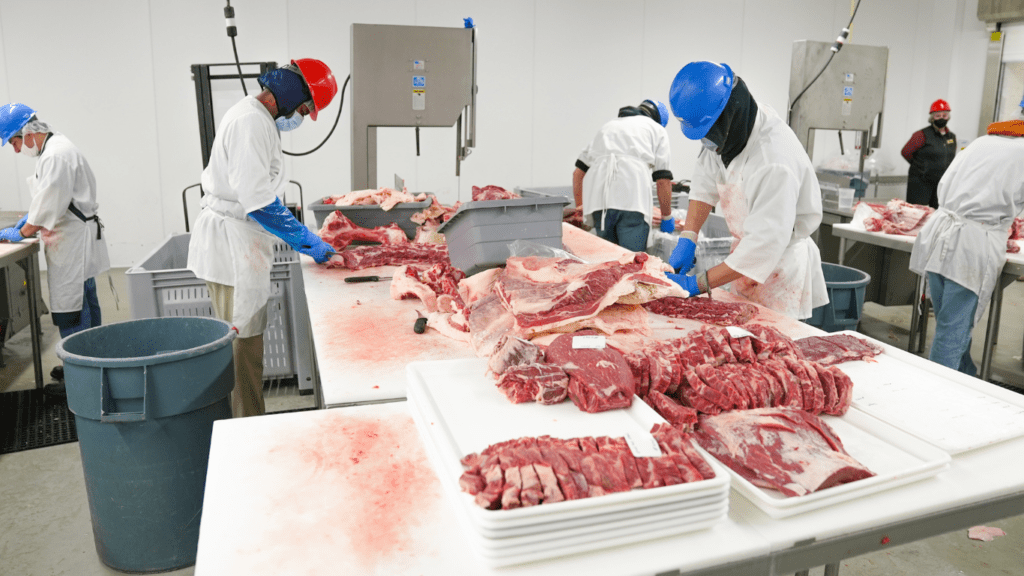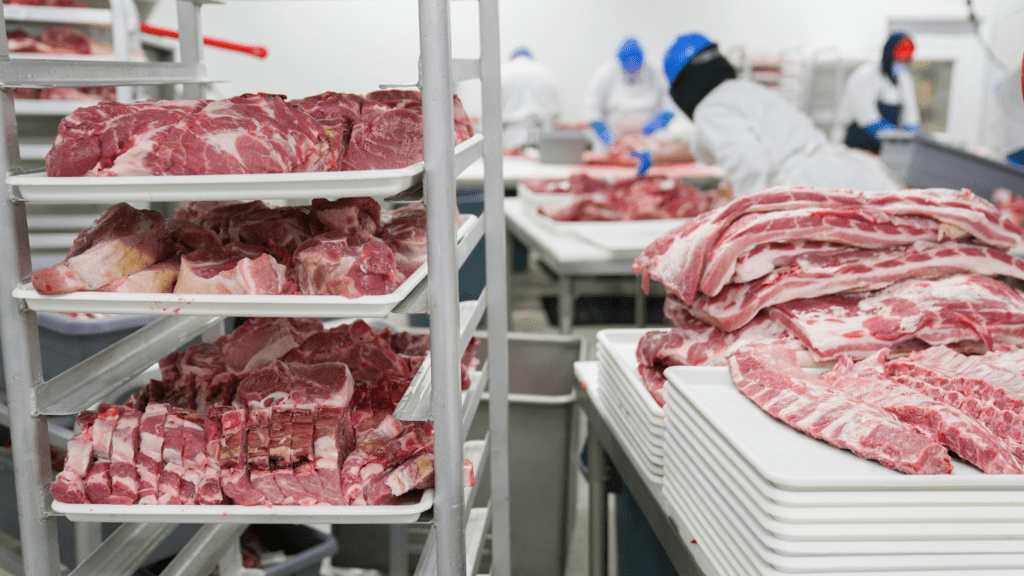As a seasoned blogger, I’ve delved into various pressing topics, but few are as critical as the impact of climate change on global food production. The repercussions of our changing climate on agriculture are profound, affecting not only crop yields but also food security worldwide.
With each passing day, the evidence becomes more apparent: extreme weather events, shifting growing seasons, and dwindling natural resources are reshaping the landscape of food production.
In my exploration of how climate change intersects with agriculture, I’ve uncovered a complex web of challenges that farmers, policymakers, and consumers must navigate. From the threat of crop failures to the increasing vulnerability of smallholder farmers, the implications of these changes reverberate far beyond the fields.
Understanding the intricate relationship between climate change and food production is not just a matter of environmental concern; it’s a crucial component of ensuring a sustainable future for generations to come.
Effects of Climate Change on Crop Yields
Climate change is significantly impacting crop yields around the world. The evolving climate conditions are affecting agricultural production in various ways, leading to challenges for farmers, policymakers, and consumers alike. Understanding these effects is crucial for ensuring food security and sustainability for future generations.
Changes in Growing Seasons
Climate change is altering traditional growing seasons for crops. Shifts in temperature and precipitation patterns are causing disruptions in planting and harvesting schedules. This unpredictability makes it challenging for farmers to effectively plan their agricultural activities, potentially leading to reduced crop yields and food shortages.
Pests and Diseases
The changing climate is also influencing the prevalence and distribution of pests and diseases in agricultural systems. Warmer temperatures create favorable conditions for the proliferation of pests, resulting in increased infestations that can decimate crops.
Additionally, altered climatic conditions may enable the spread of new diseases, further threatening crop productivity and food security. Farmers must adapt their pest management strategies to combat these emerging challenges posed by climate change.
Water Scarcity and Agriculture
I’ll discuss how water scarcity affects agriculture, particularly in areas experiencing droughts.
Droughts and Irrigation
Droughts reduce water availability for crops, impacting their growth and yield. Effective irrigation systems play a vital role in mitigating the effects of droughts on agriculture.
Impact on Livestock Farming
Adapting to climate change is crucial in the realm of livestock farming. Rising temperatures and shifting weather patterns directly affect the well-being and productivity of animals. Heat stress, for instance, can lead to reduced feed intake, lower weight gain, and decreased milk production in dairy cows.
Moreover, changes in precipitation patterns can impact forage quality and availability, influencing the nutritional intake of livestock. Drought conditions can result in water scarcity, further exacerbating the challenges faced by farmers in providing adequate hydration for their animals.
In addition to the direct impacts on livestock, climate change also heightens the risk of disease outbreaks among animals. Warmer temperatures can create more favorable environments for disease vectors, increasing the prevalence of illnesses within livestock populations.
Enhancing resilience in livestock farming practices is vital for mitigating the effects of climate change on animal health and productivity. Implementing sustainable management strategies, improving animal welfare, and investing in climate-smart agriculture are essential steps in safeguarding the future of livestock farming amid evolving environmental conditions.
Sustainable Agriculture Solutions
As I analyze the impacts of climate change on global food production, I recognize the urgent need for sustainable agriculture solutions. Implementing innovative practices is essential for addressing the challenges faced by farmers worldwide.
- Crop Diversity: Enhancing crop diversity through intercropping and crop rotation can help farmers adapt to changing climate conditions. By planting a variety of crops, farmers can reduce vulnerability to specific climate-related risks and enhance overall resilience in the agricultural system.
- Water Management: Improving water management practices, such as rainwater harvesting and drip irrigation, is crucial for mitigating the effects of water scarcity on crop production. Efficient irrigation systems not only conserve water but also ensure optimal crop growth and yield, even in drought-prone areas.
- Regenerative Agriculture: Promoting regenerative agriculture practices, like no-till farming and cover cropping, can enhance soil health, sequester carbon, and improve crop resilience to climate variability. These practices contribute to sustainable land use and help mitigate the impacts of climate change on agricultural productivity.
- Agroforestry: Integrating trees and shrubs into agricultural landscapes through agroforestry practices can provide multiple benefits, including improved soil fertility, enhanced biodiversity, and increased climate resilience. Agroforestry systems offer a sustainable approach to farming that supports both crop production and environmental conservation.
By embracing these sustainable agriculture solutions, farmers can not only adapt to the challenges posed by climate change but also contribute to more resilient and productive food systems globally. It’s essential to prioritize the implementation of these practices to ensure the future sustainability of food production and enhance global food security.



 Culinary Expert
Edward brings a wealth of knowledge to the Food Meal Trail team, specializing in culinary techniques and gourmet cooking. With years of experience in professional kitchens, he shares his insights through engaging articles that simplify complex recipes. Edward is passionate about helping home cooks elevate their skills and create memorable dining experiences.
Culinary Expert
Edward brings a wealth of knowledge to the Food Meal Trail team, specializing in culinary techniques and gourmet cooking. With years of experience in professional kitchens, he shares his insights through engaging articles that simplify complex recipes. Edward is passionate about helping home cooks elevate their skills and create memorable dining experiences.
